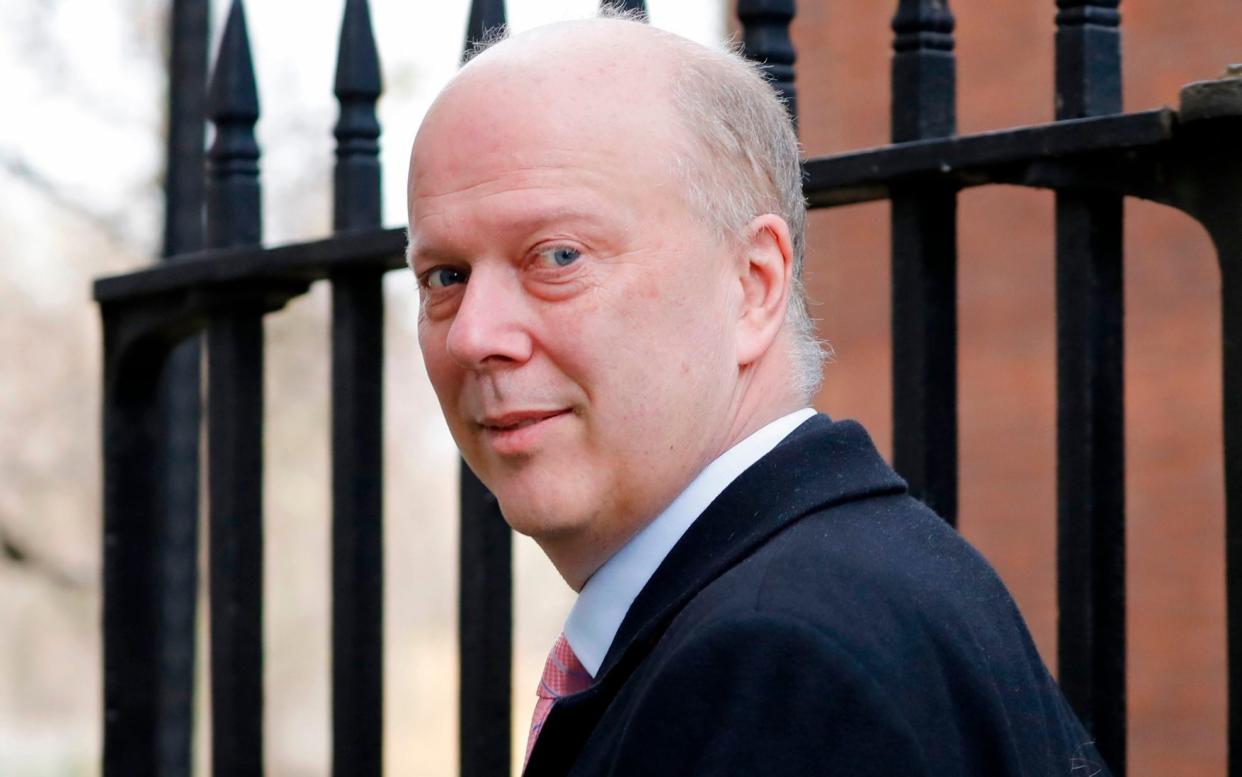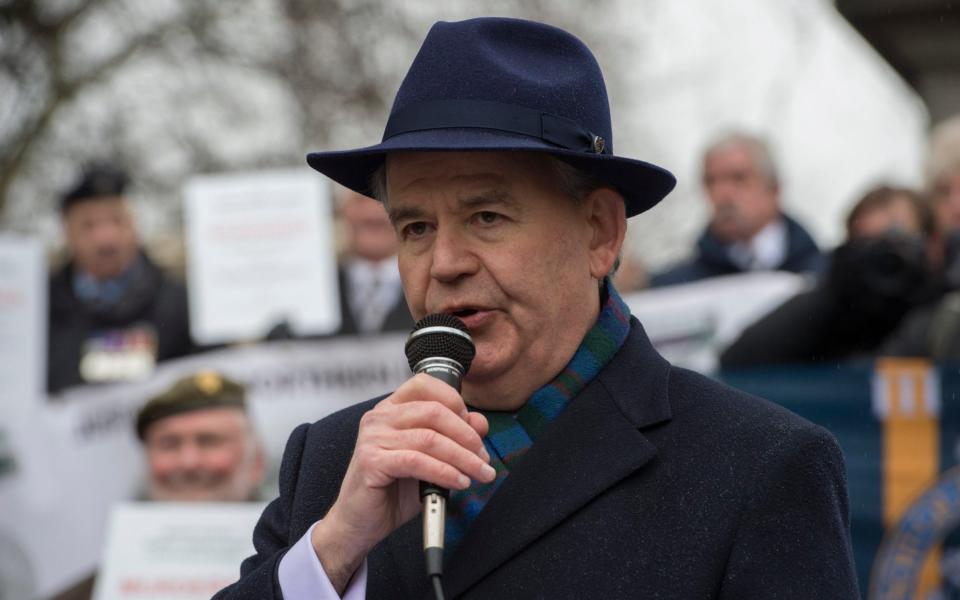Boris Johnson removes whip from Julian Lewis after he staged an 'ambush' to thwart PM's pick for key committee

Boris Johnson removed the whip from a senior Tory MP on Wednesday night after he staged an “ambush” to thwart the Prime Minister’s hand-picked choice for the chairmanship of a key Parliamentary committee.
Julian Lewis was accused of “duplicity” by allegedly making a pact with Labour MPs to elect him as chairman of the intelligence and security committee instead of former Cabinet minister Chris Grayling.
The committee oversees the work of MI5, MI6 and GCHQ and has the responsibility of publishing a potentially sensitive report on alleged Russian interference in British politics, which was completed last year but has been on ice because of a lengthy delay by Downing Street in naming its selections for the committee’s membership.
Mr Johnson had controversially chosen five Conservative MPs to serve on the nine-member committee, giving them a majority, in a move to ensure Mr Grayling’s election as chairman.
But Dr Lewis secretly put his own name forward for the chairmanship, meaning there were two names on the ballot paper. Having voted for himself, Dr Lewis also secured the support of the four non-Tory members to win the internal election.

A Government source confirmed he had had the whip removed, adding: “He has been told by the Chief Whip that it is because he worked with Labour and other opposition MPs for his own advantage."
A second source said: "There are consequences for that duplicity."
The four other Tories on the committee - Mr Grayling, Theresa Villiers, Sir John Hayes and Mark Pritchard - were so appalled by Dr Lewis’s behaviour that they did not offer him their congratulations after the result was announced.
One senior Tory MP who is not on the committee said: “Everyone is seeing this as a deal Julian has done with Labour and the SNP.
“But when you dance with the devil you end up dancing to the devil’s tune. Instead of voting for a fellow Tory he has got himself elected by the opposition, including the SNP who want to get rid of the nuclear deterrent and don’t even believe in our security.”
Dr Lewis, an MP for 23 years, was best man at John Bercow’s wedding and one Tory MP said: “This is a reprise of what Bercow did when he got elected as Speaker by Labour MPs despite being a Tory.”
An ally of Mr Grayling described the vote for Dr Lewis as "a bit of an ambush".
While the Prime Minister proposed the members of the committee, who were then confirmed by Parliament, the members alone choose the chairman.
The Telegraph understands the four other Tory members of the committee had arrived for the vote expecting Mr Grayling’s name to be the only one on the ballot paper, or a ballot that pitched him against one of the Labour MPs.
Instead they were confronted with two names on the ballot paper - Mr Grayling and Dr Lewis.
"It was a bit of an ambush," said the source. "The Conservatives have the majority but it only takes one to vote a different way. All afternoon it seemed fine, Chris was expecting to be elected, and then suddenly it transpired Julian had voted for himself and obviously in a committee of nine that's enough to swing it."
The other four MPs, who voted for Dr Lewis, are Labour MPs Dame Diana Johnson and Kevan Jones, the Labour peer Admiral Lord West and the SNP MP Stewart Hosie.
One Tory MP said: “It was a very, very low thing to do. It’s not about voting against Chris Grayling, it’s about voting against your own party.”
Dr Lewis has not yet given his reason for standing against his colleague, but other MPs had expressed misgivings about Mr Grayling’s suitability for the role.
The former transport secretary and justice secretary was nicknamed “failing Grayling” during his time as a minister for bringing in a string of policies that later had to be reversed by his successors. He is, however, loyal to Mr Johnson and was seen as his personal choice for the ISC role.
Former national security adviser Lord Ricketts had warned that Mr Grayling does not "match up" to the authority and reputation of former chairs.
Following Dr Lewis' success, Lord Ricketts said the body was now in the "hands of someone with much wider experience of defence and security".
Mr Johnson has faced criticism over the delay in appointing the committee which has not met since the last parliament was dissolved in November last year.


